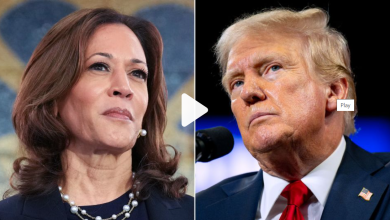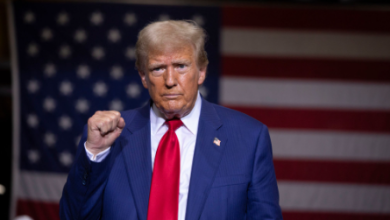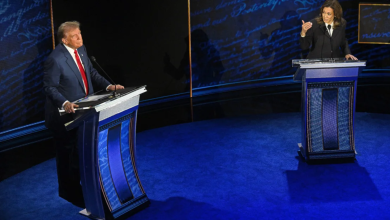The US has concluded a defense pact with a new ally in the Pacific region
Papua New Guinea has signed a defense pact with the US that gives US forces access to its airports and ports.
This is another attempt by Washington to limit China’s growing influence in the Pacific region, AFP and CNN reported.
The US is increasingly concerned about Beijing’s rise in this part of the world, where the Chinese are trying to woo countries with a range of diplomatic and financial incentives in exchange for strategic support.
Papua New Guinea’s Defense Minister – Win Bakri Daki – concluded the deal with US Secretary of State Anthony Blinken before the start of the US meeting with the leaders of 14 South Pacific island nations in the capital Port Moresby.
“We concluded an agreement on defense cooperation,” said Prime Minister James Marape, quoted by BGNES, adding that the Pacific island makes relations with the US “special.”
Blinken said each country would be able to board the other’s ships, exchange technical expertise, and “better patrol” the seas. “We are working together to shape the future. We are very much looking forward to taking our partnership to the next level,” he said.
In a sign of the intensifying rivalry in the South Pacific, Blinken was not the only representative of major powers seeking to counter Beijing’s growing economic, political, and military presence. Indian Prime Minister Narendra Modi arrived in the city just hours ahead of his own summit, asserting his country’s role as a regional power in the face of China’s rise.
“We share your belief in multilateralism. We support a free, open, and inclusive Indo-Pacific region. We respect the sovereignty and integrity of all countries,” Modi said.
By signing the security agreement with Papua New Guinea, Blinken expanded the capacity of the US military to deploy to the region. Beijing has influence over a number of ports across the Pacific, and last year struck a secret security pact with the Solomon Islands that allows China to station troops in the country. The United States fears that a Chinese military base in the South Pacific could bypass its facilities on the island of Guam and complicate the defense of Taiwan in the event of a Chinese invasion. The agreement will offer Washington the ability to navigate the country’s waters in exchange for access to American satellite surveillance to combat “illegal activities on the high seas.”
Chinese officials said they opposed “the introduction of any geopolitical games in the Pacific island nation region,” without specifically mentioning the deal or Blinken’s visit.
In addition to the deal, the US promised Papua New Guinea $45 million in funding to fight organized crime, climate change, and HIV/AIDS, as well as protective equipment for the military, the State Department said.
The agreement has also sparked student protests at several universities, Papua New Guinea’s largest newspaper, the Post Courier, said, over fears it gave US forces too much autonomy at some of the country’s key entry points. Security was heightened in the capital, with roads blocked off and around the city center beach area, near where the leaders are meeting, police patrolled nearby waters in speedboats and jet skis. US Indo-Pacific Command Commander Admiral John Aquino also visited barracks in Oro province where he was welcomed with a military parade.



